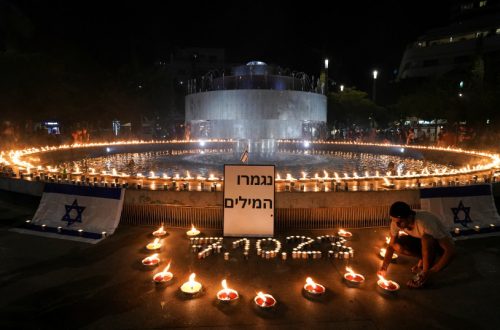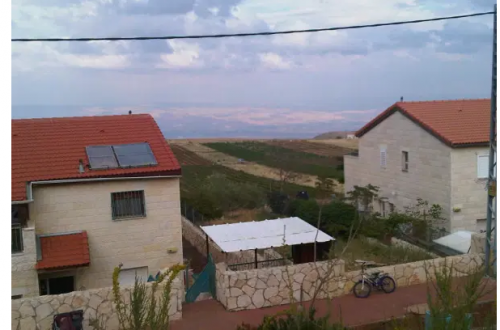This is a cross-post from falsedichotomies.com
In just over a month’s time I hope to be in Kashmir. Specifically, I’ll be in the Indian state of Jammu & Kashmir. There’s also the Pakistani-administered Gilgit-Baltistan and the Azad Kashmir provinces, and the Chinese-administered regions of Aksai Chin and Trans-Karakoram Tract. The Indian and Pakistani areas are divided by the Line of Control, which was the staging post for insurgents during the bitter conflict that flared up during the 1990s. If I try and cross the Line of Control, I am likely to be shot by Pakistani soldiers. If I bring a Kashmiri from south of the Line of Control, in order to help him go and see his ancestral home of Muzaffarabad, I am still likely to be shot by Pakistani soldiers. If I bring hundreds of people with me, my chances of being shot by Pakistani soldiers will increase exponentially. And if I were to do that, who do you think my mother would blame? A clue: it wouldn’t be the Pakistani soldiers.
I’m aware that the analogy with yesterday’s events along Israel’s northern border isn’t exact. But the principle, I think, holds. Nobody on this planet has the right to unilaterally cross an international border, even a disputed one, without thinking that they can get touched. To do so is to endanger one’s life. Whether the existence of that border or the fact that you are forbidden from crossing it is an injustice is beside the point. One cannot act against a perceived wrong by pretending that it doesn’t exist, at least if one isn’t willing to face the harshest consequences (I am working on the assumption that people are capable of understanding the difference between what happened in the north and the regular Nakba Day protests that took place throughout the West Bank). As VS Naipaul memorably wrote at the start of A Bend in the River (which, unforgivably, I still haven’t read), “The world is what it is.”
None of this will stop the glorification of the border-busters, of course. It’s been whispered for some time that the greatest weapon in the Palestinians’ armoury might be a mass march to one of the borders; now it’s been proven with the blood of fresh martyrs. Netanyahu’s non-policy demands as much quiet as possible; now it’s been lost, it doesn’t seem such a great time to fly off to the US Congress and stick two fingers up at Obama, although no doubt he’ll drawn comfort from being able to say ‘I told you so’.
We can now expect a re-run of the flotilla debate, during which those accusing Israel of a massacre will pretend that crossing dangerous borders en masse is one of the most regular events in the world (thus proving, yet again, their commitment to Palestinian exceptionalism). At the same time, those excited folk who tweeted their enthusiasm at yesterday’s events can reap what they sow (Three of my favourites: “Palestinians mark al Nakba by demanding the right of return through nonviolent struggle. Israel remembers by shooting across all borders.” “Your right of return is my opportunity and that of all Israelis to begin restoring our humanity.” “I can’t tell you how many Palestinians have said to me recently, “why can’t we just make a state together?” Israelis have to stop being scared.”) in the form of dead Palestinians. But before you join the universal chorus of condemnation (and remember that some of those killed were shot by Lebanese soldiers), ask yourself if you would do the same thing? And if yes, then for what? And who would your mother blame?
It seems that some of the people caught up in the Golan violence were genuinely seeking asylum in Israel; for them I have genuine sympathy. But the world is what it is: we have to decide what’s more important – our desire to remain a part of it, or to pretend that it’s something it isn’t. Nobody is above reality; even those who show ever more imaginative and suicidal ways to demonstrate their opposition to Zionism, thus proving it was about 1948 all along.


